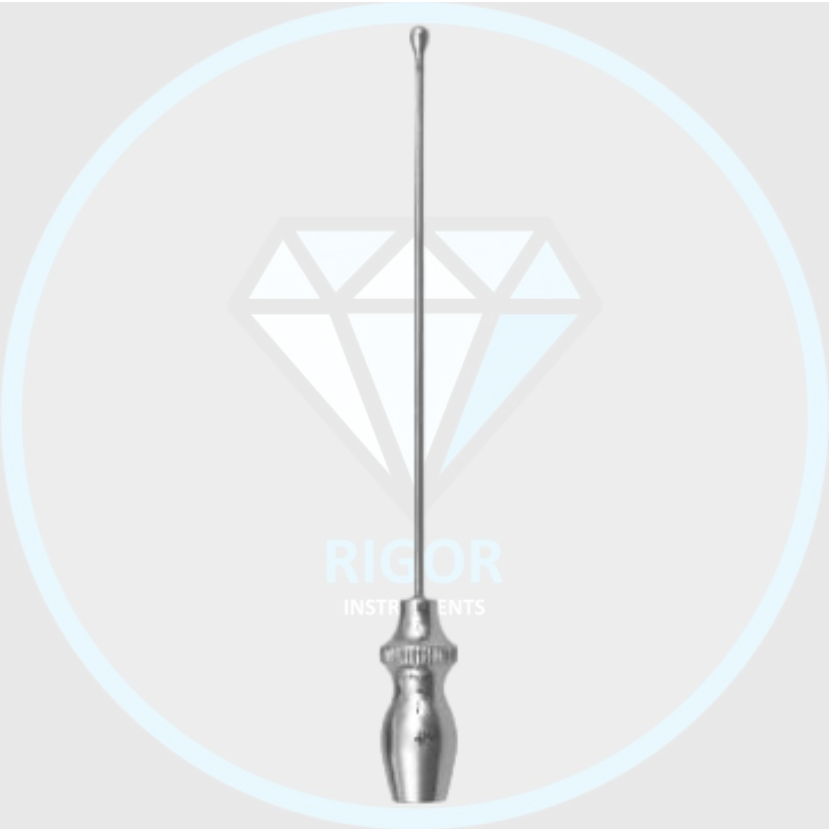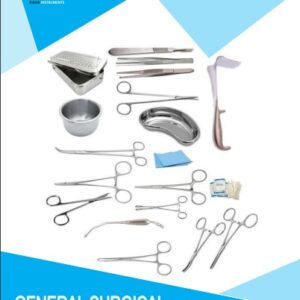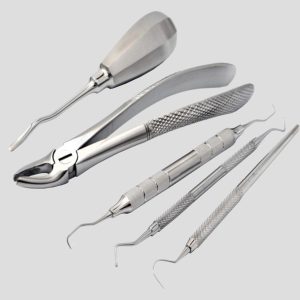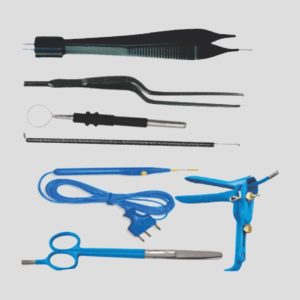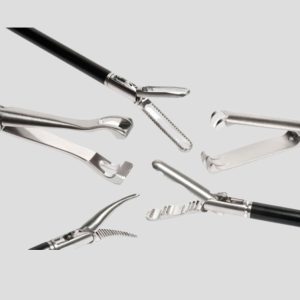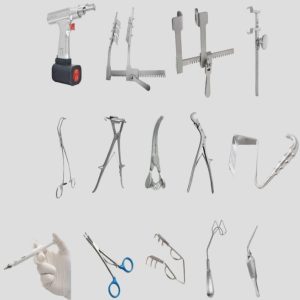Strict adherence to maintenance protocols is required due to the sensitive nature of surgical procedures. Medical services should always focus on quality, even if the budget is tight enough. Preventive maintenance techniques are required to keep operational costs low and prevent equipment damage or human injury. Properly trained personnel and choosing the right maintenance techniques are essential for achieving the greatest outcomes in medical devices maintenance.
In every case, preventative maintenance is preferable and more cost-effective than replacement. A replacement can be considered after all other choices have been exhausted. Preventing tissue and blood bio-burden is another rationale for performing maintenance on neurological surgical equipment. Sterilization is necessary for this; if you don’t follow the correct protocols, your patient could get sick.
Consistent maintenance guidelines you should follow
Following these pre-surgery steps ensures all the tools utilized in brain procedures are in good working order. Prevent the accumulation of blood bioburden by wiping out the surgical needle and drill. Clean the laboratory dish and kidney tray with a solvent daily. It would be ideal if the cleaning liquid could dry quickly. The safekeeping of surgical instruments used in neurological procedures is of utmost importance. A sterile storage environment is required. These kinds of tasks are often handled by a clean processing department (SPD), a feature of most contemporary facilities. Ensuring that surgical medical devices are completely operational and sterile before each treatment is essential to patient safety. This is the main reason why hospital staff must possess the necessary education and training to do just that.
Methods for preventative maintenance
The preventative maintenance program aims to lessen the expensive replacement of surgical equipment. The spinal set and the bipolar coagulation set both have preventive maintenance procedures. Cleaning by hand is important. This involves physically sanitizing each surgical tool, including the dissector, space retractor, and scissors. To get the best results, dip them into a tray of solvent. Consider its evaporation rate to ensure no chemical residue when using the degreaser. Before storing, clean and sterilize using wipes. While this method is slower than dipping, it is more effective for surgical scissors and forceps.
Two of the most common surgical equipment utilized during neurological procedures is the oscillating saw and the bone drill. Their critical nature necessitates a well-defined maintenance program that ensures their continuous sterilization. Both high-pressure steaming and the routine application of precision cleaning solvents are part of the maintenance procedure.
Helpful tips for the maintenance of surgical tools
An incredible investment can be made in high-quality surgical instruments. Studies have demonstrated that these instruments can endure for over 30 years thanks to their remarkable performance and endurance. The best surgical tools in the world will only last for a while unless their users diligently take good care of them and get them serviced by experts. To get the most out of your instruments, it is important to follow few basic guidelines. Keep surgical tools in their original packaging and never use them for purposes other than intended. You can stress the parts to the point of irreparable damage and harm the surface if you misuse the equipment.
Surgical tools are easily broken by careless handling, so you should refrain from tossing them about or leaving them in an inappropriate environment. Your instruments could break or get polluted and rusted if you do it. Clean used tools promptly to prevent any residue from drying onto the surface! The reason is that fluids like blood can lead to discoloration and rusting. After cleaning, ensure that the instruments are adequately dried. Galvanic corrosion can occur when instruments are left in liquids because they generate a galvanic current.
Instrument parts can be misaligned if you put too much strain on an instrument. Stress corrosion, also known as tension corrosion, can occur when instrument parts that are subjected to high tensile pressure, like screws and welded sections, spontaneously split. Verify that the Central Sterilization Department’s protocols are being adhered to. This involves cleaning the instruments at the right temperature, with the right detergent, and in the right stacking and drying positions.
When cleaning and sterilizing, always follow the manufacturer’s instructions. Pay close attention to the detergent’s instructions for use, especially those on dosage and duration. Use only a certified repair facility, as unskilled hands can irreparably damage instruments. You can help return your surgical tools to top condition by having them professionally inspected, refurbished, and adjusted.
Conclusion
If you are actually in the need of availing the high-quality and best medical devices Pakistan for the surgical procedures, visit the official site of Rigor Instruments right now. They have been involved in the production of instruments for several world-renowned companies. Our extensive practical production experience is the only reason for the high quality of our products at Rigor. In the past ten years, our demand has skyrocketed because to our affordable prices and top-notch quality.






